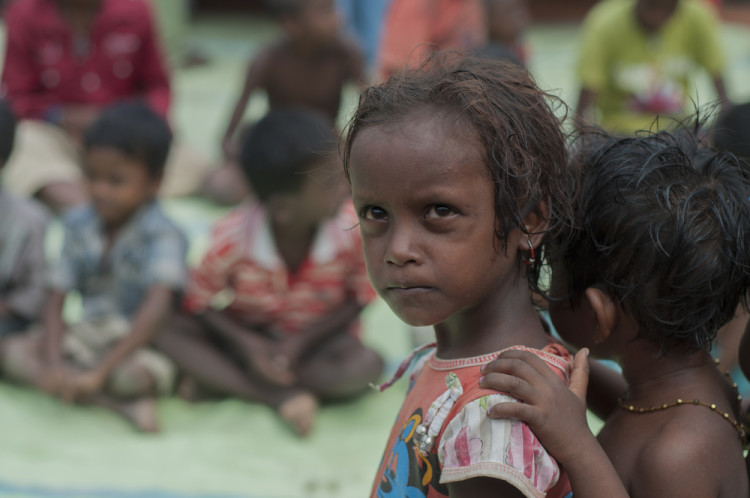BY STEPHANIE KASHETA
Please note that the following list is only comprised of five countries. Unfortunately, many other countries are home to labor practices that are just as exploitative of their workers, if not more so.
SAUDI ARABIA
Since 2013 Saudi Arabia has deported hundreds of thousands of migrant workers. After being detained, most deportees were abused before being sent back to places where their safety was in jeopardy. Mind you this comes after paying large sums of money to recruitment agencies in their home countries in order to be able to work in Saudi Arabia. In order to entry the country to work, these migrant workers must have the permission of a sponser, who typically confiscates their passports and sometimes, even family members’ passports.
INDIA
Though debt bondage was supposedly abolished in 1976, it is still prevalent today. In the agricultural industry alone, farmers who take out small loans can be expected to pay interest in excess of 100 percent. 2012 saw 13,754 farmer suicides. Bonded child labor is also a major problem in the silk industry as well as in others. Historically, India has also exploited the labor of its Dalit (or untouchable) caste.
MAURITANIA
In 1981 Mauritania became the last country in the world to abolish slavery. Despite this, nearly 20 percent of the population (roughly 600,000) remains enslaved. Workers are prohibited from attaining an education and are typically passed from generation to generation down to the same owners in a matrilineal system. In Mauritania, the burden of proof rests solely on the slave and because most slaves are illiterate, filing an official complaint is virtually impossible.
DOMINICAN REPUBLIC
Many Haitian migrant workers faces working conditions akin to slavery, with the most egregious abuses committed within the sugar cane industry. The Dominican Republic has a deep-rooted racial bias toward Haitians – in October 1937, a government-sponsored genocide under Rafael Trujillo ordered the execution of nearly 5,000 Haitians living in the Dominican borderlands. In September of 2013 a Dominican court ruling retroactively denied Dominican nationality to anyone born after 1929 who did not have at least one parent of Dominican blood/a legal resident of The Dominican Republic, essentially rendering hundreds of thousands stateless.
CENTRAL AFRICAN REPUBLIC
Over 50 percent of all of this country’s workers are aged 5-14 years old. Children as young as three are forced to become soldiers in armed militias. Children also work in miserable conditions in the country’s gold and diamond mines. Many are forced into sex trafficking and though education is mandatory until 15 years of age, children must pay for the cost of their own supplies, which is prohibitive to many.
ABOUT THE WRITER
Stephanie Kasheta is a graduate of the University of Nevada Las Vegas, where she majored in English with an emphasis in Creative Writing. She is currently finishing up her MFA in Fiction at Emerson College in Boston. She is a Las Vegas native who recently relocated to Cape Cod with her husband, a veteran of the US Air Force an father to a seven-year old future writer named Olivia. She is an assistant/acquiring editor to Jacquelyn Mitchard at Merit Press and on Saturdays can be found blowing glass at the Sandwich Glass Museum. Follow her on Twitter
Feature image of Child labor via Shutterstock



